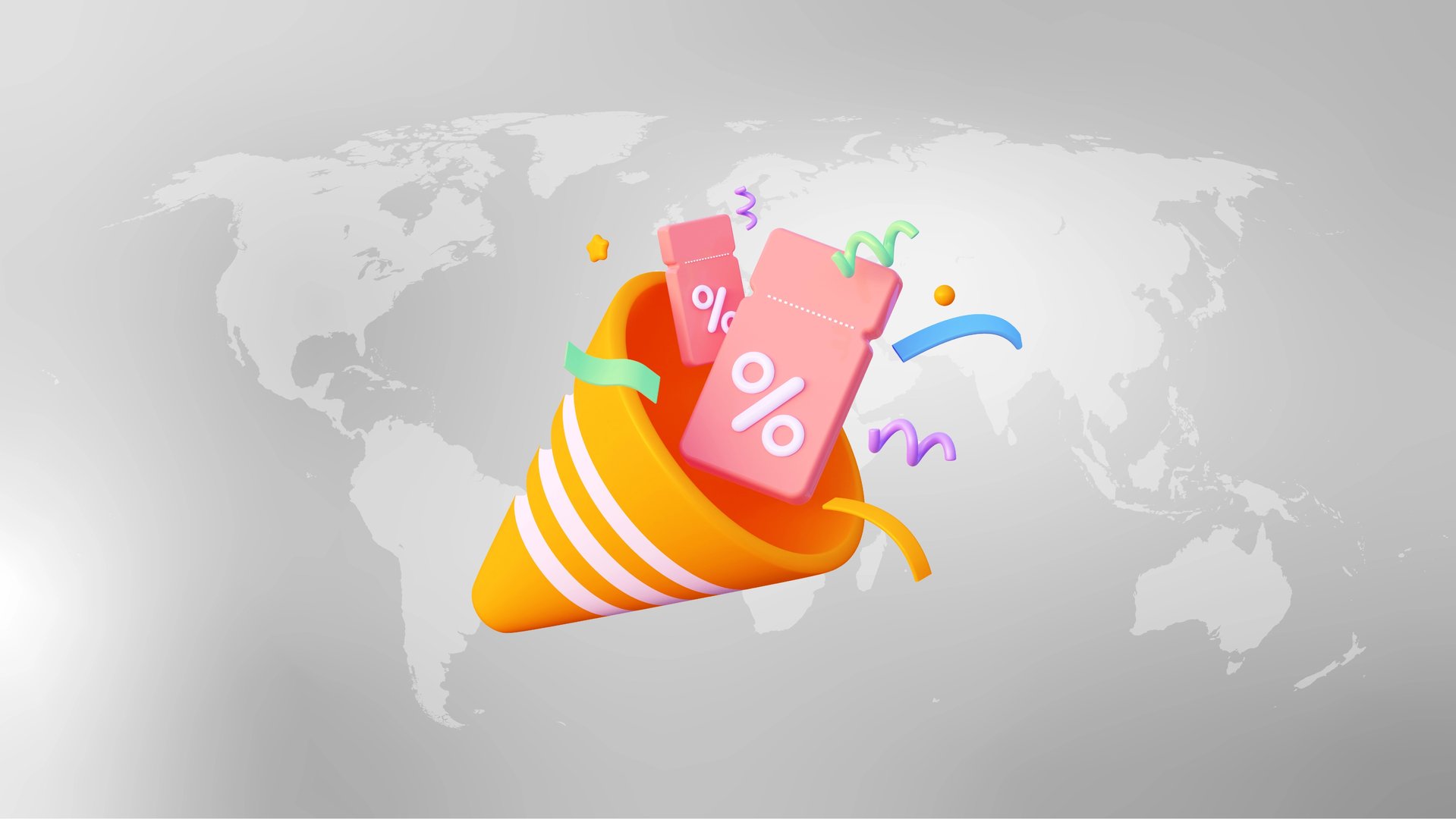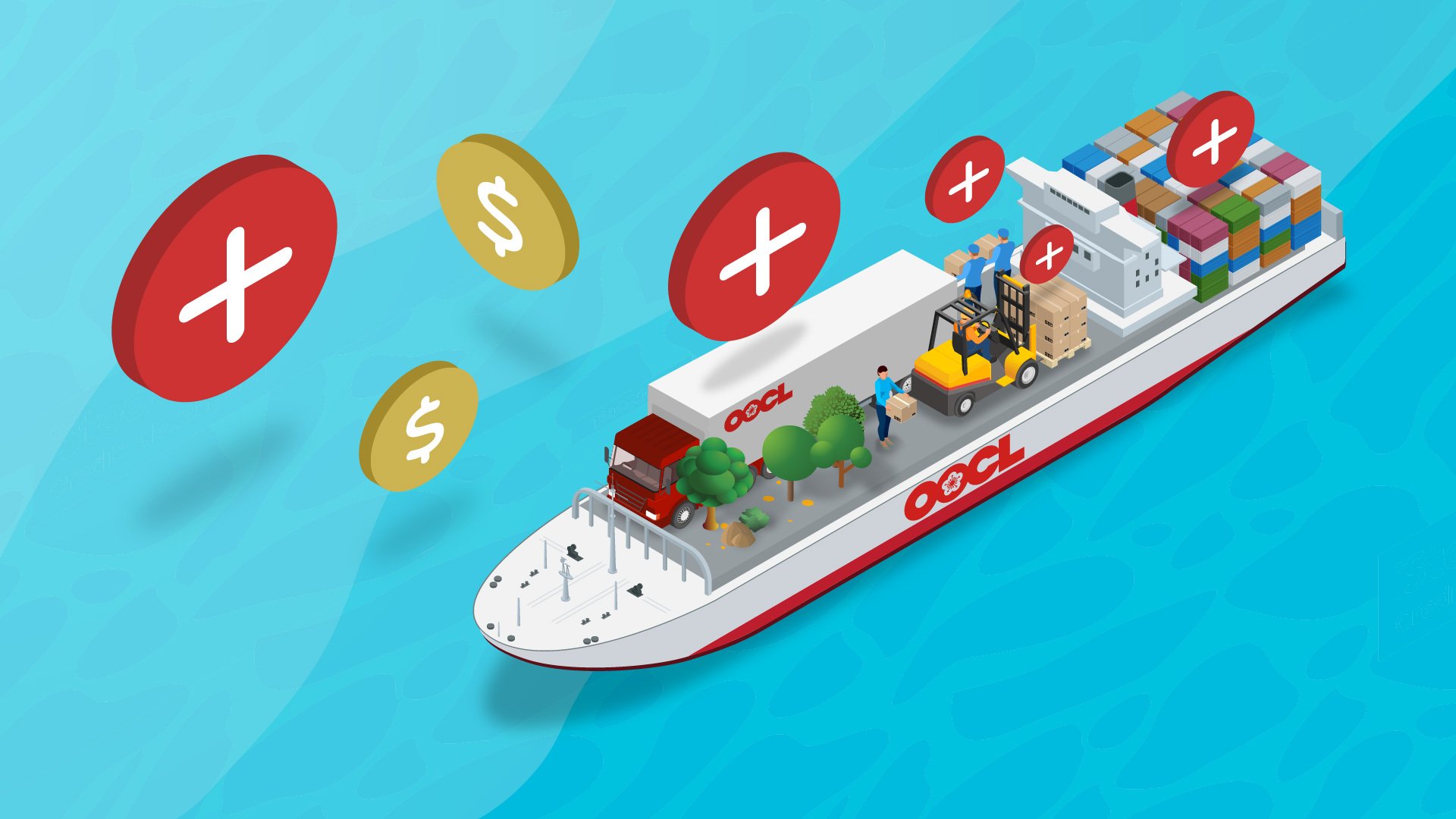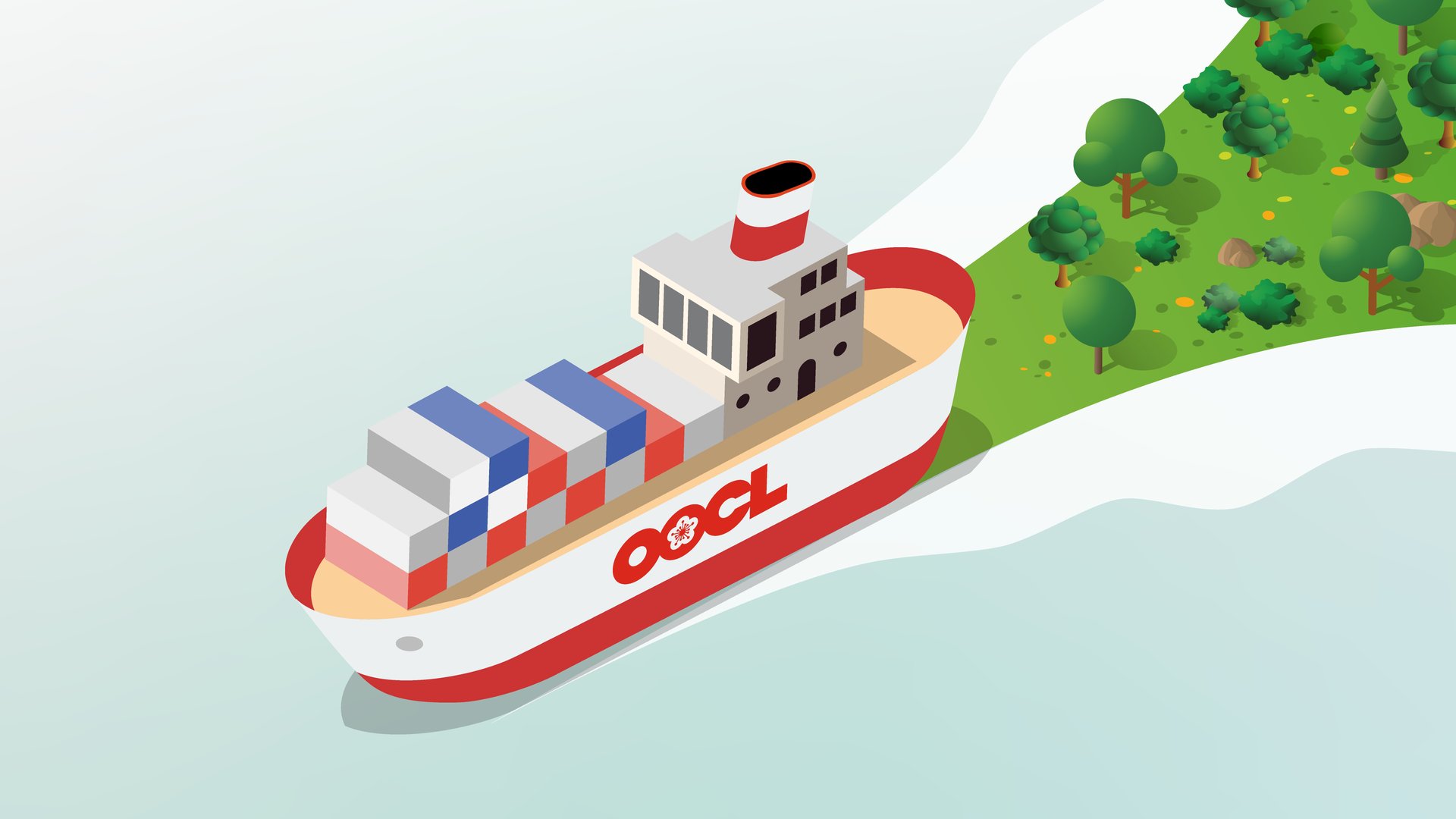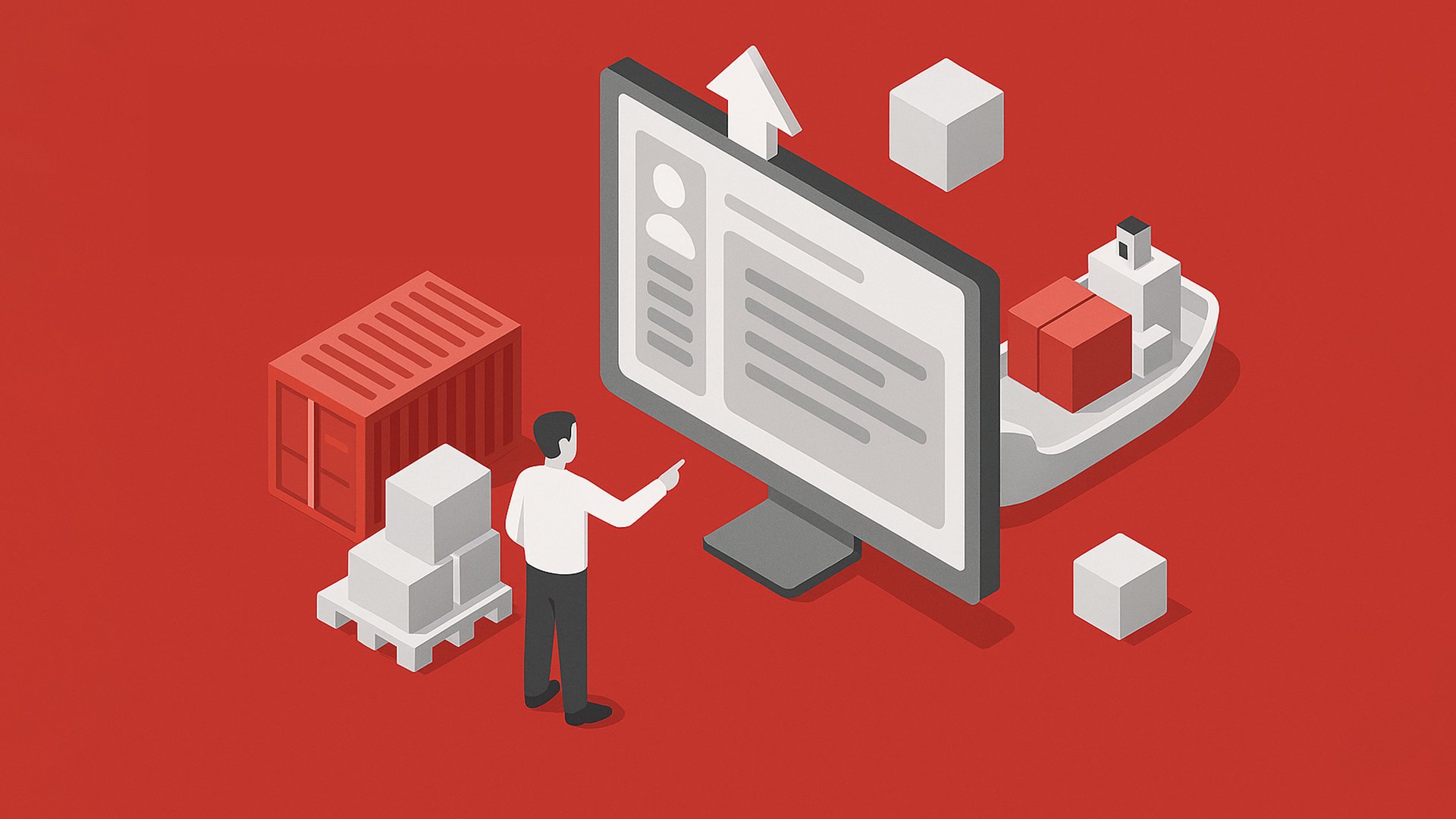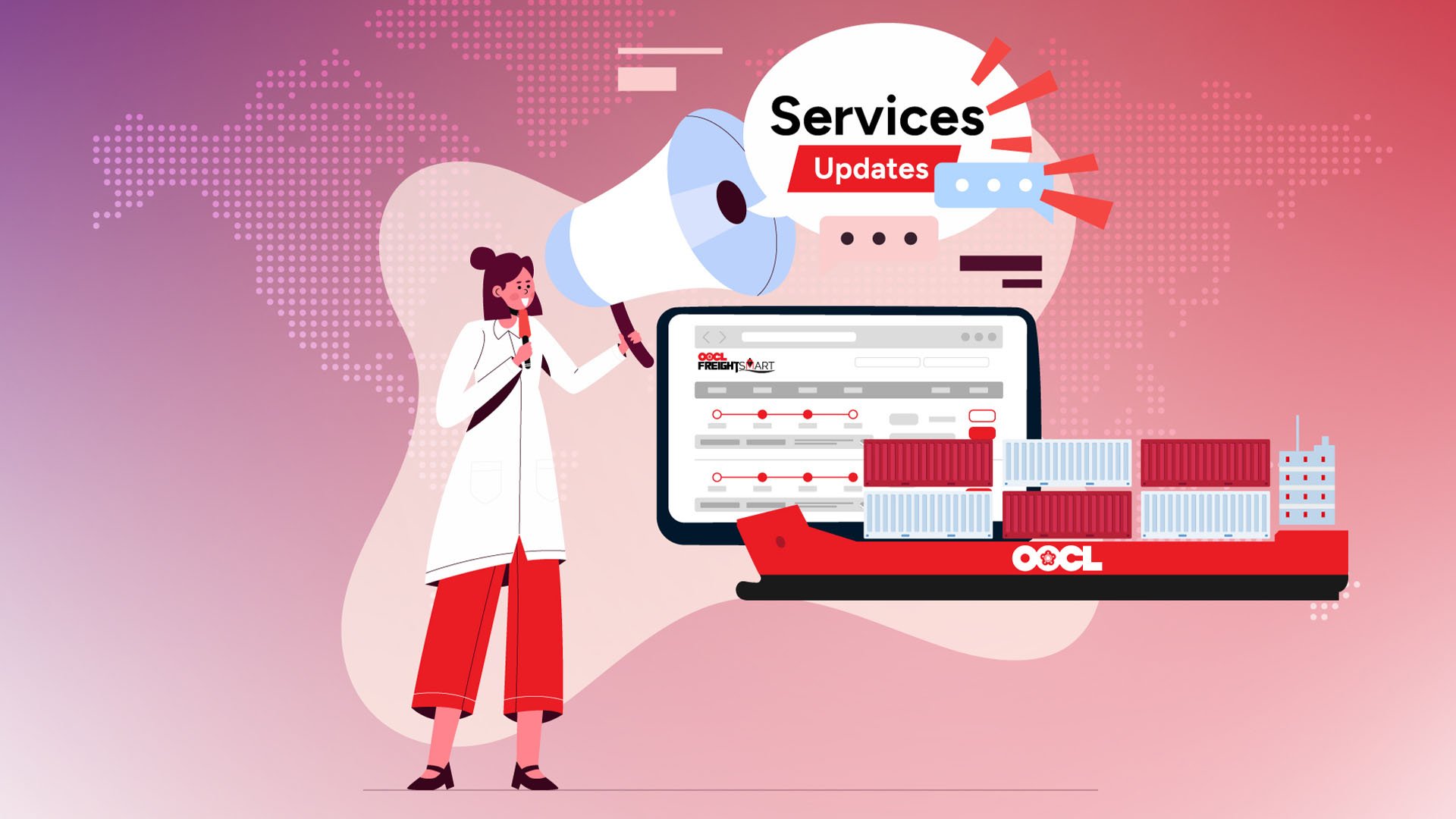A combination of factors, including world events, technological innovation, and environmental concerns, is bringing about dramatic changes in the container shipping industry. Here we examine some of the most significant developments.
Digitalisation – Transformation through Innovation
From Virtual Reality to Artificial Intelligence, the widespread adoption of cutting-edge digital technologies is changing the ways every organisation does business. While seemingly boundless concepts such as autonomous ships get closer to reality and grab media attention, it is often the less noticed technological developments that have more immediate impact on shipping companies and their customers.
Leading operators are implementing data-driven strategies to enhance performance and customer service along the value chain. An example is OOCL’s full-service online platform FreightSmart, which brings the company’s customers unprecedented convenience and greatly enhanced transparency. FreightSmart provides comprehensive end-to-end supply chain solutions, enabling the customer to perform all necessary tasks in the shipping process seamlessly on a single platform.
The Rise of End-to-end Shipping
In today's fast-paced business world, businesses strive for efficiency in every facet of their business activities, including streamlining their complex international logistics operations. The growing popularity of end-to-end shipping in recent years reflects the emphasis on this process efficiency approach.
Compared to a traditional supply chain, which is segmented and handled sequentially by multiple service providers, end-to-end shipping involves a single provider overseeing the entire transportation of goods from start to finish. This type of shipping not only ensures a seamless flow of activities, but also reduces the waste of time and labour costs. Moreover, shippers enjoy greater visibility and control over the entire logistics process when the sole provider is responsible for all aspects of the whole journey, including tracking the shipment, and can quickly address and respond to any issues that arise.
In addition to sea freight, OOCL offers a growing network of connected trucking services as well as customs brokerage services on FreightSmart for the convenience of its customers.
Sustainability – the Voyage to Carbon Zero
Shipping, like every other industry, is under intense pressure to use resources more effectively, curtail energy consumption, curb pollution, and shrink its carbon footprint – shipping accounts for 2.5% of global greenhouse gas emissions1. The developments described above are helping the industry move towards these goals. Automation and green technology are assisting vessel operators to enhance efficiency, and to monitor and minimise emissions in order to optimise fuel usage.
Technological innovation is supporting these measures, as well as cutting paper usage – annual printing of Bills of Lading alone accounts for about 400,000 trees2 – with the added incentive that a 2018 estimate by IBM suggests full digitisation of paperwork could save the shipping industry US$38 billion annually3.
Confidently Facing a Future Filled with Changes
With the above trends shaping the shipping industry’s future, the coming years will be a time of transformation. And as climate change intensifies, shipping companies will seek to play a role in helping to limit it, by reducing their carbon footprint and resource usage. However, these obligations are also an opportunity – the same measures required to achieve this will also help the industry to enhance efficiency, reduce fuel consumption, cut costs, and eliminate unnecessary paperwork.
No doubt some of the necessary measures will impact customers and require them to make adjustments to their operations. But whatever happens in the world of container shipping, FreightSmart can help OOCL’s customers navigate through the changes.
2 https://www.csis.org/analysis/ships-dont-lie-blockchain-and-secure-future-global-shipping
3 https://www.container-xchange.com/blog/blockchain-shipping/




